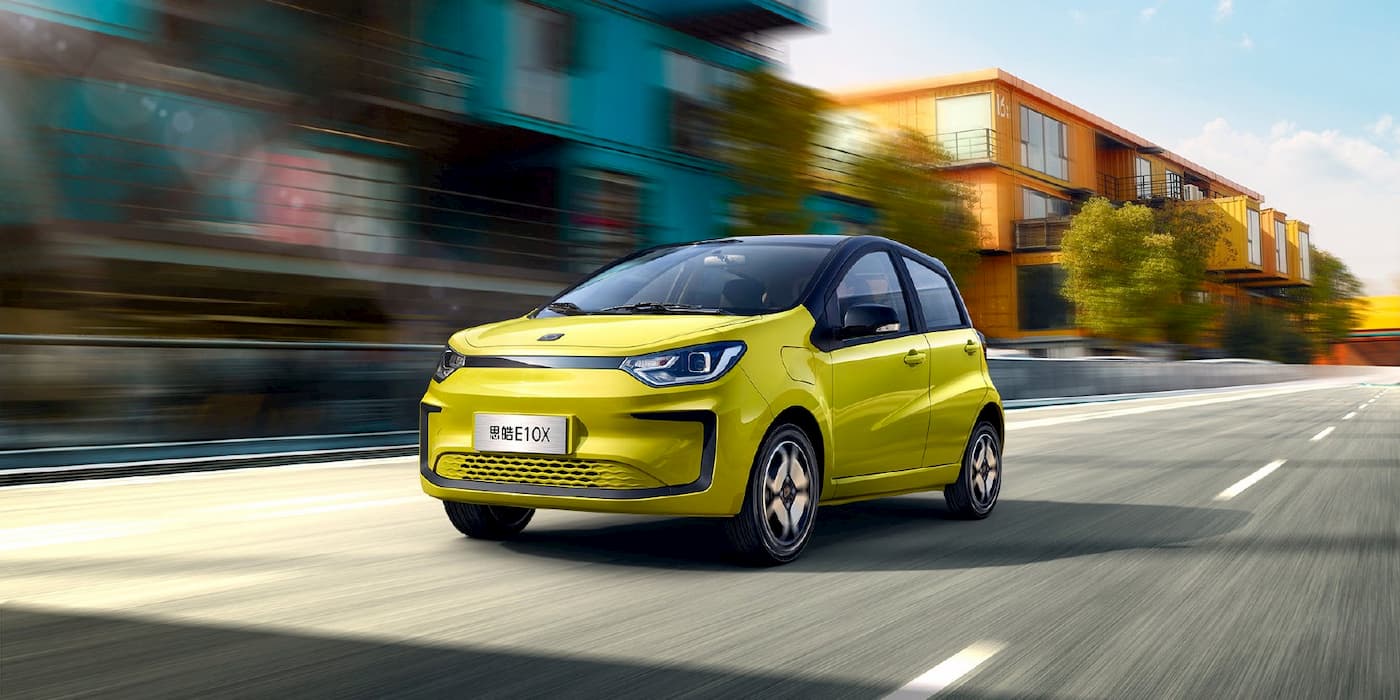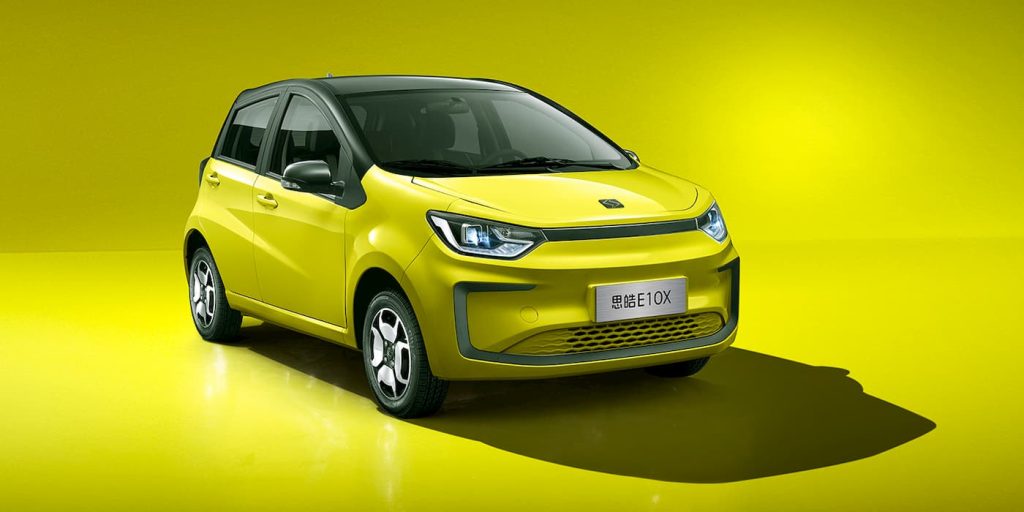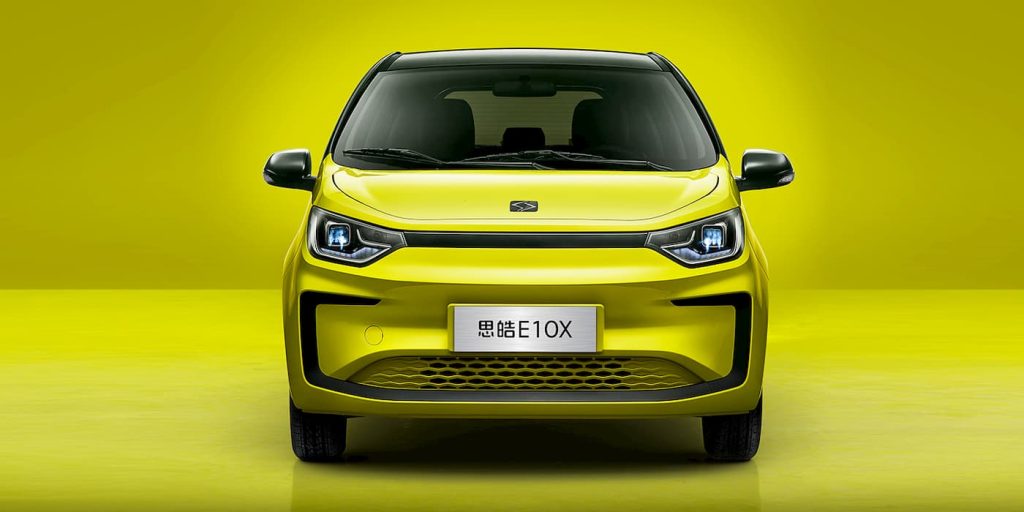
JAC Group’s Yiwei, a new EV brand in China backed by Volkswagen, debuted the first sodium-ion battery-powered electric car. The new JAC Yiwei EV rolled off the assembly line Wednesday.
Yiwei is a new EV maker under the JAC Group. It was established earlier this year. Volkswagen owns 50% of JAC’s parent company; the other 50% is state-owned.
Volkswagen invested 1 billion euros for a 50% stake in JAC Group in 2021. The German automaker also took full control of management of its existing EV joint venture with a 75% stake.
The new EV features sodium-ion cylindrical cells from HiNa Battery. The Beijing-based tech company is affiliated with the Institute of Physics, Chinese Academy of Sciences.
It will use JAC’s UE module tech, a honey-comb battery structure. JAC’s UE is similar to BYD’s Blade battery, which is used in Toyota, Kia, and Ford EVs. It can also be compared to CATL’s CTP (cell-to-pack) technology.
Deliveries of the new sodium battery-powered Yiwei electric vehicle are expected to begin next month.

First sodium-ion battery-powered EV rolls out
JAC introduced the Yiwei 3, the first EV powered by a sodium-ion battery, at the Shanghai Auto Show in February. However, the model launched with an LFP battery, with JAC promising a sodium-ion version was coming.
The automaker also revealed the sodium-ion-battery-powered Sehol E10X, featuring 25 kWh of capacity and 120 Wh/kg of energy density. With 3C to 4C charging, the electric hatchback could recharge from 10% to 80% in 20 minutes.

Volkswagen transferred the Sehol brand to JAC in 2021. Earlier this year, JAC said all vehicles would wear either a JAC or Yiwei badge.
Top comment by Andras Soltesz
I have high hopes for the new Na-ion battery types to make cheap but good quality cells available for average people once their mass production starts in earnest.
Good quality LFP cells are still stuck at USD 400 /kWh which is really expensive when factory cost is USD 80 / kWh.
Maybe Na-Ion will bring about a breakthrough and affordable cells really become available.
Although sodium-ion batteries have a lower energy density than lithium-ion ones, they do offer several advantages. According to JAC, they have better low-temperature performance, faster charging speeds, longer lifespans, and increased durability over time.
Perhaps most importantly, the batteries use cheaper raw materials, which can enable lower EV prices.
“Sodium-ion batteries will become an important battery type, complementary to LFP batteries, and a low-cost solution that promotes the popularization of mass electric vehicles to masses,” said the chairman of Yiwei Tech, Xia Shunli.
Source: CarNewsChina
FTC: We use income earning auto affiliate links. More.

Comments